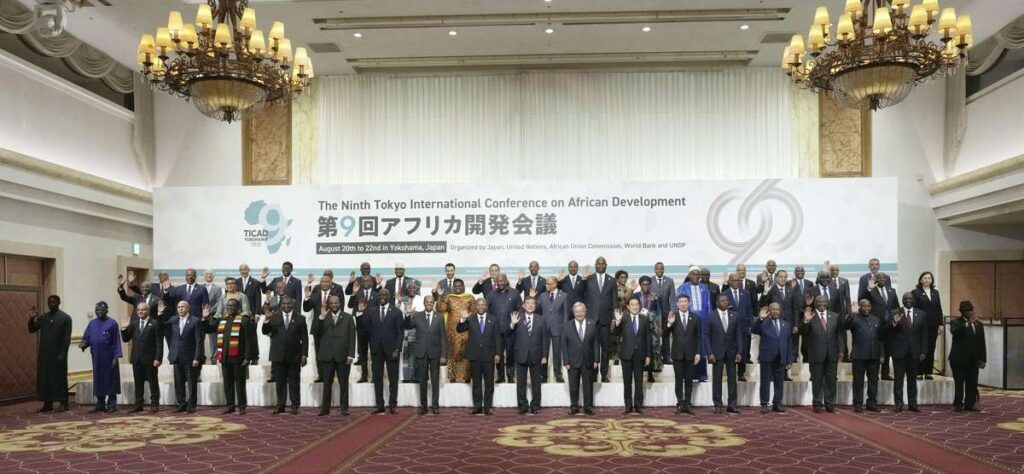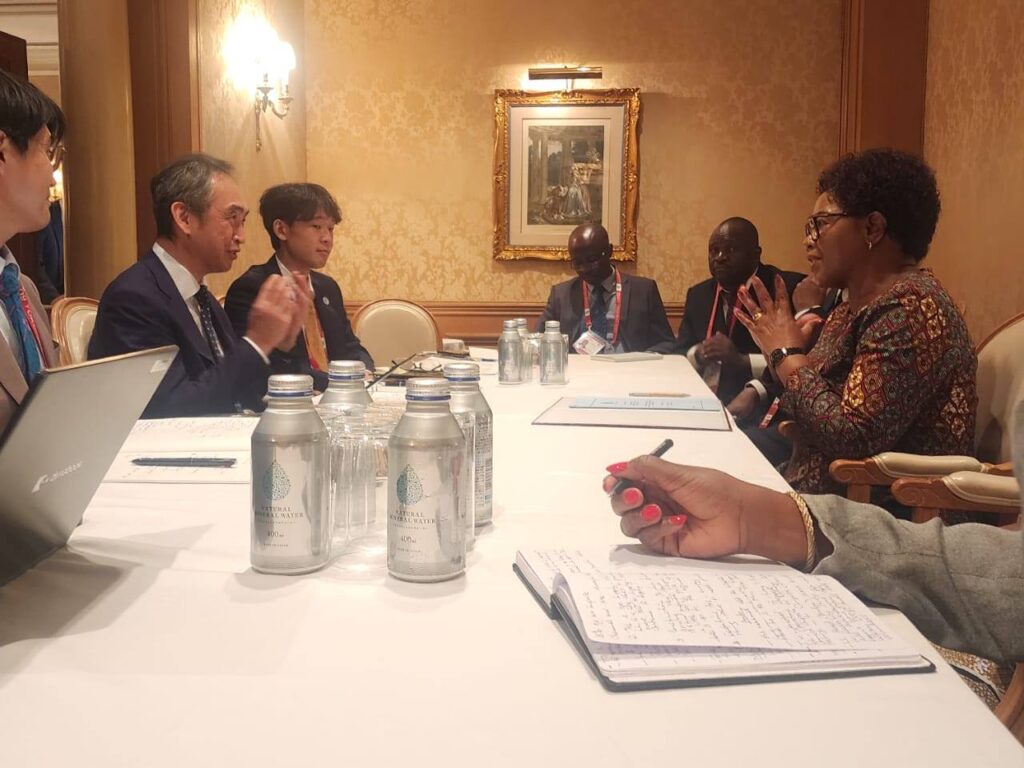Japan has announced a new strategic partnership with Malawi, Mozambique, and Zambia to accelerate the development of the Nacala Corridor, a major trade and transport route that connects inland Southern Africa to the Indian Ocean.
The announcement was made at the close of the Tokyo International Conference on African Development (TICAD) held in Yokohama, which brought together more than 50 African heads of state and government.
Coming just weeks before Malawians head to the polls in September, the announcement is an implicit vote of confidence in President Dr. Lazarus McCarthy Chakwera’s administration and the Malawi Congress Party (MCP).
Unlike the opposition’s portrayal of the government as failing to attract international goodwill, Japan’s commitment underscores continued international trust in Malawi’s leadership and direction.
“The Nacala Corridor partnership is not just about infrastructure; it’s about confidence. For Japan to anchor such a strategic initiative on Malawi at this particular juncture demonstrates faith in the country’s governance and future,” said one senior economist at the University of Malawi.

The three-day meeting, unlike previous editions, placed less emphasis on large-scale government aid pledges and more on mobilizing private-sector solutions.
Japan, in collaboration with the African Development Bank (AfDB), unveiled plans to channel $5.5 billion in loans towards infrastructure and other priority projects across Africa. The Nacala Corridor project, linking Zambia and Malawi through Mozambique to the deep-water port of Nacala, is one of the key initiatives expected to benefit from this financing window.
For Malawi, the corridor is of critical strategic importance.
It not only serves as the country’s shortest and most reliable access to the sea, but also forms a vital artery for regional integration, agricultural exports, and the potential commercialization of critical minerals.
By strengthening the Nacala Corridor, Malawi stands to lower its transport costs, expand access to Asian markets, and attract new investment into agro-processing and mining value chains.

Malawi’s Minister of Foreign Affairs Nancy Tembo described the partnership as “a transformative step towards Malawi’s long-term development agenda,” noting that improved logistics and trade facilitation are at the heart of the government’s growth strategy.
Mozambique and Zambia are equally banking on the corridor to boost exports of coal, copper, and other commodities, while Japan views the project as a secure route for diversifying supply chains of critical minerals needed for its industries.
Analysts say Japan’s choice to anchor its TICAD outcomes on partnerships such as the Nacala Corridor reflects a shift away from traditional aid diplomacy towards more sustainable, investment-driven engagement.
It also signals Tokyo’s determination to compete with China and the EU in shaping Africa’s infrastructure and trade landscape.
As TICAD draws to a close, Malawi’s government has committed itself to translating the agreement into concrete projects on the ground, ensuring that the corridor becomes a genuine engine of trade competitiveness, industrial growth, and job creation.
If successful, this project could redefine the country’s economic prospects for decades to come.







